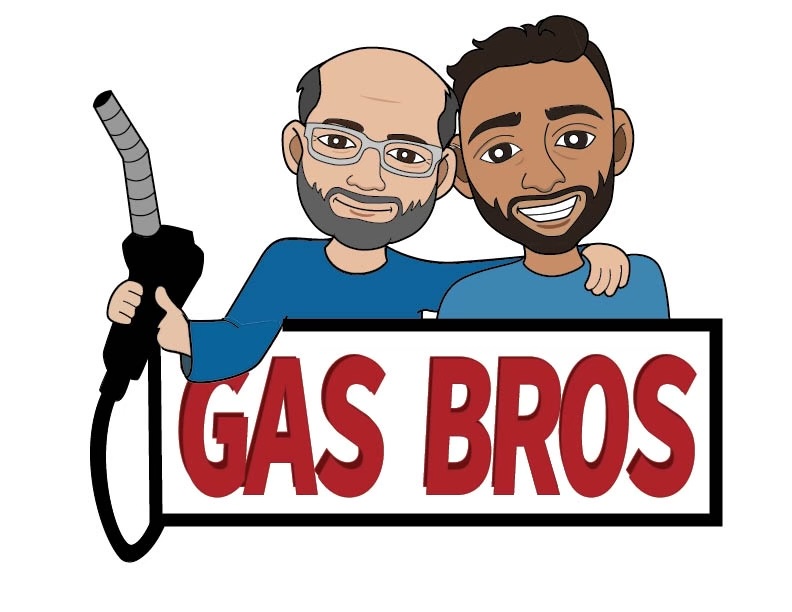wrkinsilence
Administrator
Operating a gas station involves wearing multiple hats, as it requires managing a range of systems, ensuring regulatory compliance, and optimizing business operations. This guide provides key insights into the essential aspects of running a successful gas station.
Conclusion
Running a successful gas station requires a comprehensive understanding of its complex systems, diligent compliance with regulations, effective inventory and financial management, strategic employee oversight, and a keen pricing and product strategy. By mastering these elements, you can create a thriving and profitable business that attracts loyal customers and stands out in a competitive market.
1. Mastering Systems and Processes
Understanding the systems and processes that keep your gas station running is crucial for operational efficiency. Key systems include:- Point of Sale (POS) Systems: Gain a comprehensive understanding of your POS system to manage sales, transactions, and inventory effectively.
- Fuel Management Systems: Familiarize yourself with the fuel management systems, such as Verifone or Gilbarco, to monitor fuel inventory and resolve technical issues swiftly.
- Payment Network Systems: Understanding systems like Cybera for credit and debit card processing is essential to maintain secure and efficient payment processes.
- Automatic Tank Gauge (ATG) Systems: Learn to operate systems such as Veeder-Root for fuel monitoring. This knowledge will enable you to respond appropriately to alarms and maintain fuel safety standards.
2. Ensuring Regulatory Compliance
Compliance with local, state, and federal regulations is a critical responsibility for gas station operators. Key areas of compliance include:- Local Agencies: Stay updated with the rules and regulations from agencies like the County Fire Department, Air Quality Management District (AQMD), Weights & Measures, and the Health Department. Regularly visit their websites to ensure compliance with their requirements.
- Monthly Inspections: Hire an ICC-certified designated operator to conduct monthly Underground Storage Tank (UST) inspections to meet county fire department standards.
- Qualified Contractors: Always use licensed contractors and certified fuel technicians for maintenance and repairs of fueling equipment to maintain safety and compliance.
3. Effective Inventory and Financial Management
Proper inventory and financial management are crucial for profitability. Consider implementing the following systems:- Back-Office and Inventory Management Systems: Use systems like PDI CStore Essentials, PetroSoft, or Verifone C-Site Management to track inventory levels, manage orders, and forecast sales. For specific items like scratchers and lottery tickets, tools like LottoShield can provide specialized tracking.
- Cash Management: Since gas stations handle significant cash transactions, install safes near the cash registers for frequent safe drops by employees to minimize theft risk. A robust cash management system helps track sales and reduces internal theft, which is often a greater threat than external theft.
4. Strategic Employee Management
Hiring and managing reliable, trustworthy, and customer-friendly employees can significantly impact your gas station’s success.- Staff Scheduling: Analyze foot traffic patterns to optimize staff schedules. Ensure that the number of employees aligns with the store’s needs, such as having additional staff during peak hours or when operating a kitchen area for hot food service.
- Employee Conduct: Train employees to be courteous, well-groomed, and engaged with customers. Positive customer interactions, including greetings and friendly service, enhance customer loyalty and distinguish your gas station from competitors.
- Cost Control: For lower-volume stores, prioritize reducing payroll expenses by minimizing staff during slower periods, and focus on strategies to increase sales and attract more customers.
5. Pricing Strategy and Product Diversification
Developing a competitive pricing strategy and offering a diverse product range can help attract and retain customers.- Competitive Pricing: Monitor market trends and keep gas prices competitive. Attracting customers to the pump is the first step to increasing in-store sales, so competitive pricing on fuel is crucial for drawing traffic.
- Expanding Product Offerings: Gas stations generate significant profits from convenience store sales. Stock a wide variety of products, including beverages, snacks, hot food, novelty items, and accessories. Aim to create a destination where travelers can find everything they need in one stop.
Conclusion
Running a successful gas station requires a comprehensive understanding of its complex systems, diligent compliance with regulations, effective inventory and financial management, strategic employee oversight, and a keen pricing and product strategy. By mastering these elements, you can create a thriving and profitable business that attracts loyal customers and stands out in a competitive market.




